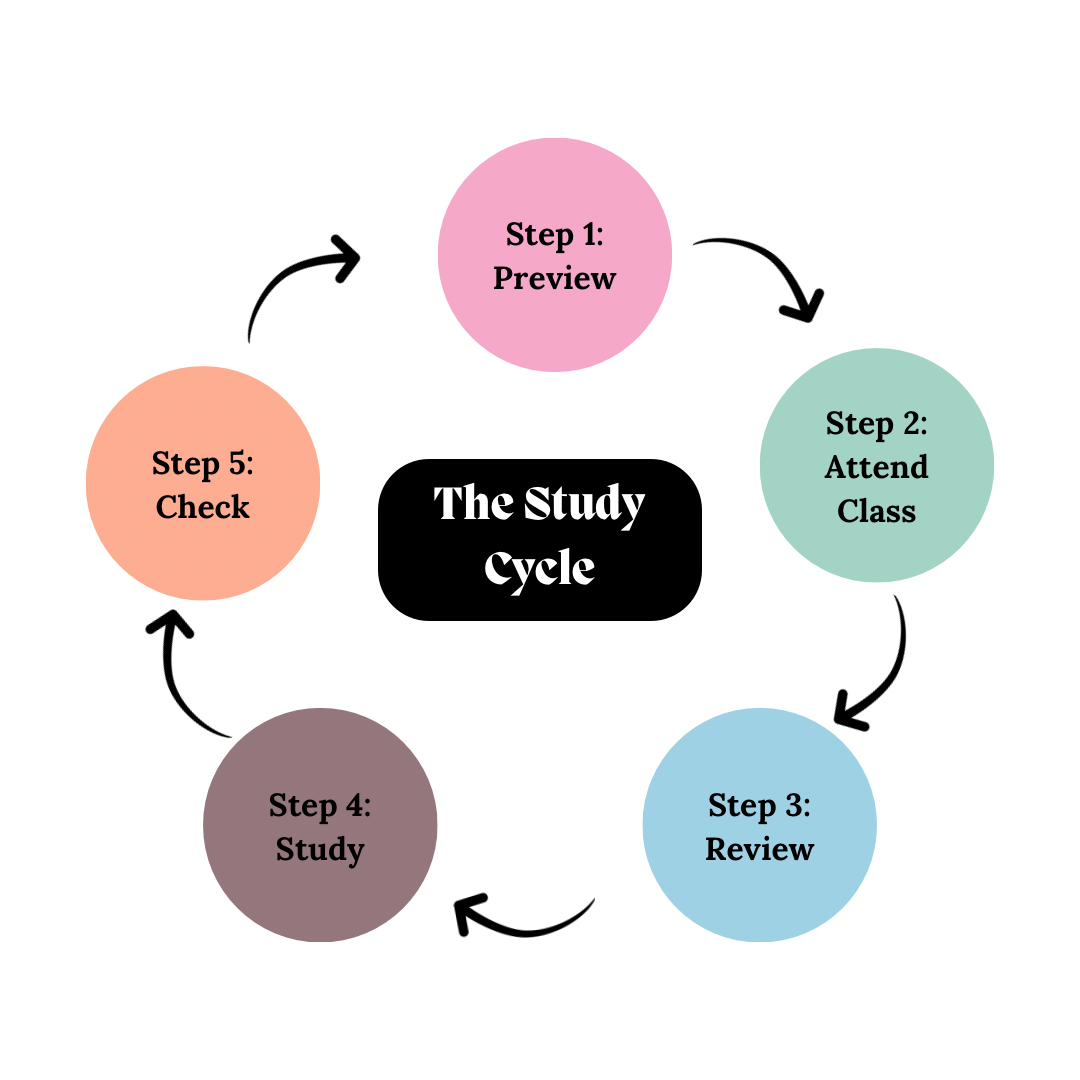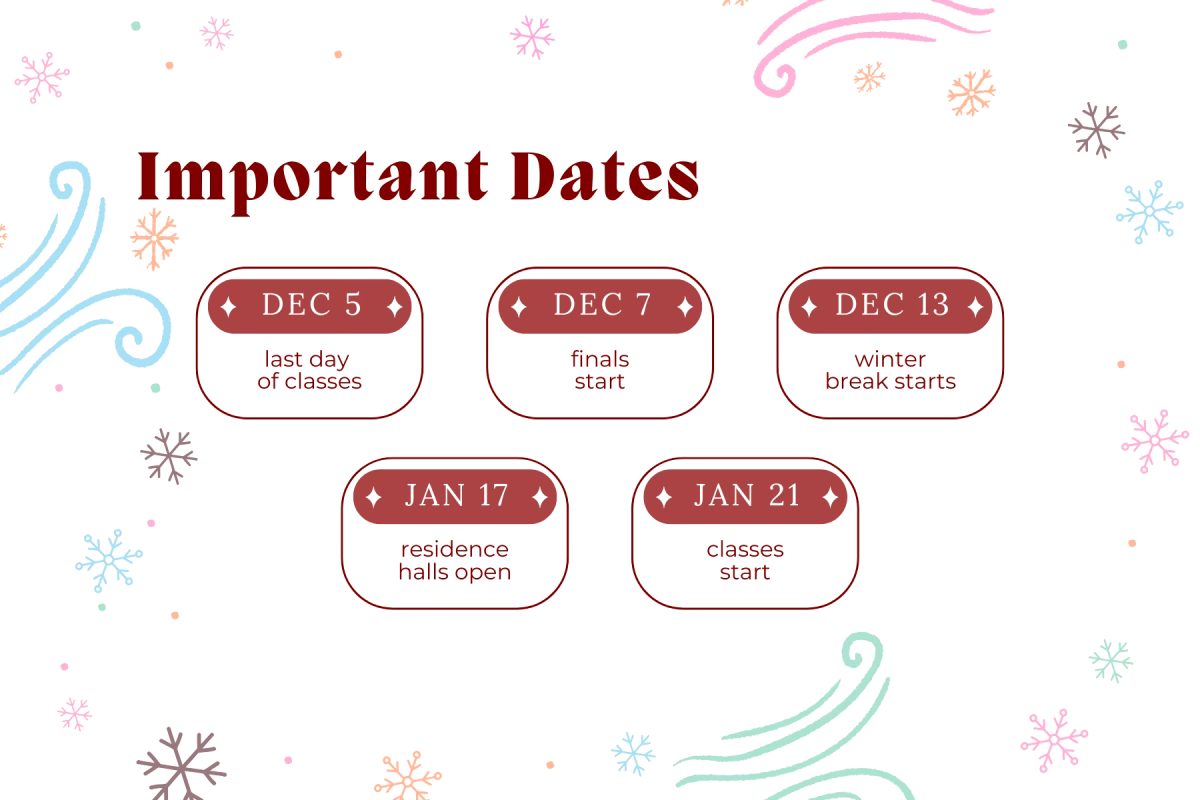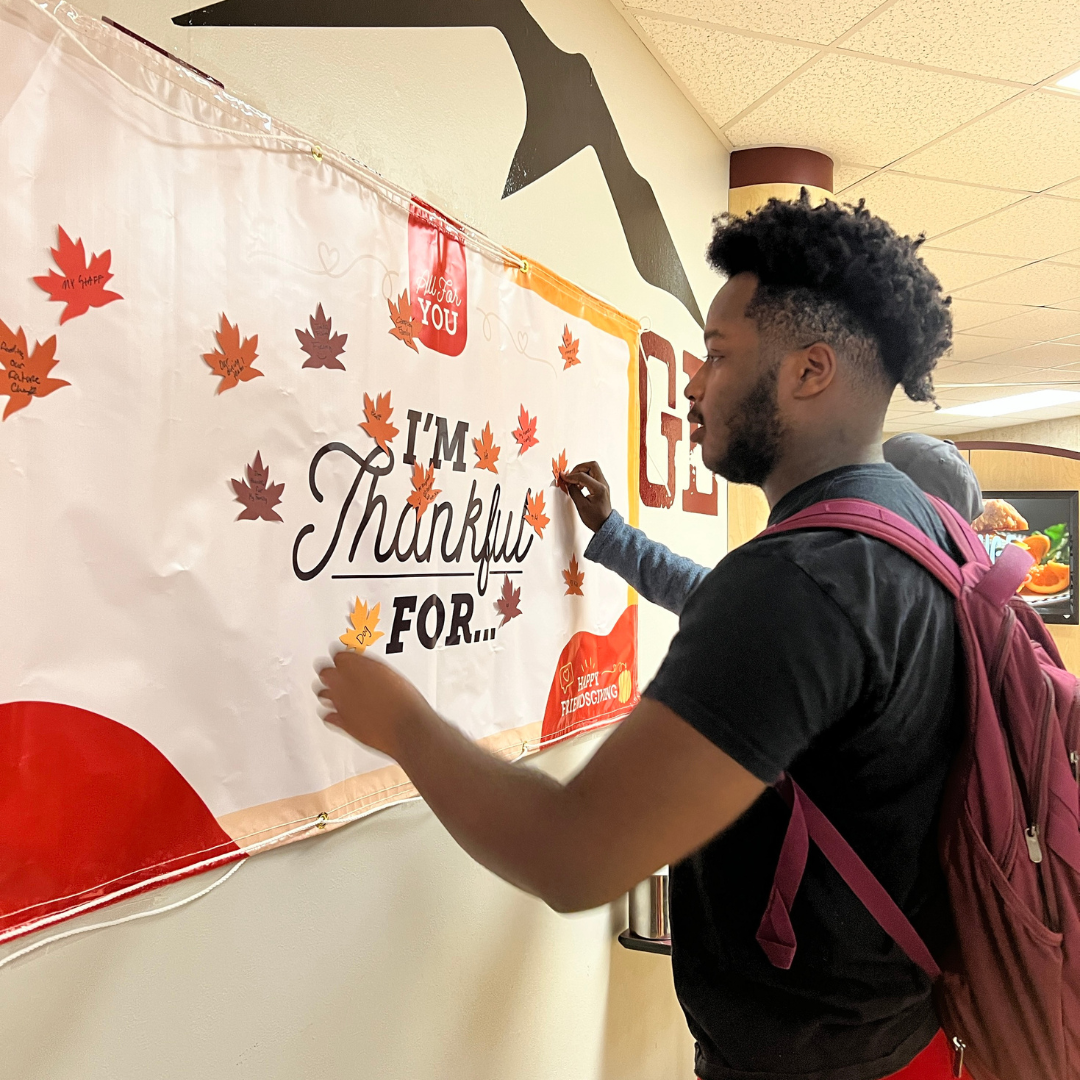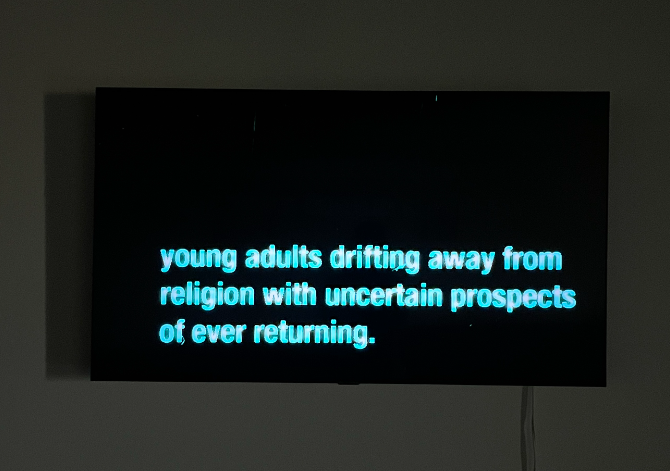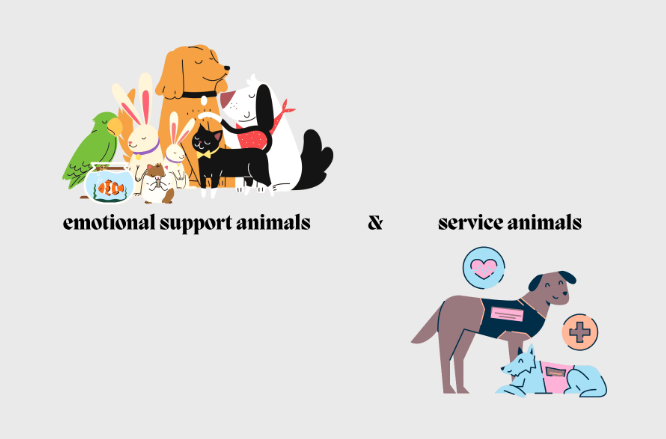Hundreds of thousands of international students come to the United States to study and take advantage of its quality education. In fact, according to a 2012 USA Today article, there were 764,495 international students in the U.S. That number has increased since then, and will continue to increase. Some of those students, though, run into financial problems when they get here. Those financial problems lead to the students having trouble paying for food and other necessities.
To be able to earn an education in the United States, or more specifically at West Texas A&M University, international students must provide proof that they can afford to be a full time student before visa paperwork can be provided.
“Students have to prove to the U.S. Consulate that they have funds to be at WTAMU for full-time study, books, room/board, medical health insurance, etc.,” Kristine Combs, Director of International Student Affairs at WTAMU, said.
“Our office actually [requires that they] show our office bank statements with these funds before we can give them full admission. Finally, they must show the U.S. Consulate that they not only have funds for one full year of studies, but that they have an adequate source of funds beyond the first year.”
Combs also noted that many students have the money for the visa, but nothing beyond it.
“The problem is that many of these students have the money to get the visa and then it’s gone,” Combs said. “Because students know they must have the funds to be here, they often are scared to come and tell me they are having an issue.”
If a student only has to provide money for room and board, he/she does not have to provide proof they can afford things such as a meal plan, which leads to the student filling out a waiver for such things.
“All residential students who are under 21 and/or have less than 45 post high school credit hours are required to have a meal plan,” Cindy Spencer, Director of Residential Living, said. “With that being said, we do have an exemption process that students can apply for if they have extenuating circumstances. This may give them the opportunity to have a lower meal plan, or no meal plan, depending on their situation. We try to work with each student on an individual basis while also being as consistent as possible.”
Though these problems and “extenuating circumstances” do exist, there are those, specifically students, who attempt to reach out and help some of the international students. One student in particular is Roper Kerby, junior Communications major, who knew of an international student without food or the means to get food. Kerby decided to help the student by bringing him food everyone once in awhile.
“He told me his story and kind of laughed and under his breath said ‘I’m going to starve,’” Kerby said. “I said ‘No you’re not because I’m going to bring you food.’ It would be weird and out of my nature to know that someone is hungry and not do anything about it.”





